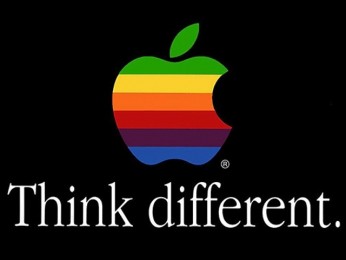 Pundits are grabbing their popcorn as the opening rounds of handbag swinging between HP and the former owners of Autonomy begin in earnest.
Pundits are grabbing their popcorn as the opening rounds of handbag swinging between HP and the former owners of Autonomy begin in earnest.
HP wants to sue former Autonomy Chief Financial Officer Sushovan Hussain as he seeks to block HP’s settlement of three shareholder lawsuits over its purchase of the British software outfit.
Hussain wants to block the settlement, saying HP officials were wrongly absolved in the ill-fated acquisition of Autonomy for $11.1 billion in 2011.
HP wrote down Autonomy’s value by $8.8 billion a year later and accused Autonomy officials of accounting fraud.
Hussain said that is rubbish and it was HP’s mismanagement which stuffed up the company he used to run.
But what has triggered this round of handbag swinging was that HP reached a settlement with shareholders to end efforts to force current and former HP officials, including Chief Executive Officer Meg Whitman, to pay damages over its Autonomy purchase.
Instead they have agreed to help HP pursue claims against former Autonomy officials such as Hussain and former CEO Michael Lynch.
HP said that the notion that Hussain should be permitted to intervene and challenge the substance of a settlement designed to protect the interests of the company he defrauded is ludicrous.
It now says that shareholders agree with HP that Hussain, along with Autonomy’s founder and CEO, Michael Lynch, should be held accountable for this fraud.
Hussain said in his court filing that the “collusive and unfair” settlement, if approved by a federal judge, would let HP “forever bury from disclosure the real reason for its 2012 write-down of Autonomy.
“This breathless ranting from HP is the sort of personal smear we’ve come to expect. As the emotional outbursts go up, the access to facts seems to go down,” Autonomy swung back.
“Meg Whitman is buying off a bunch of lawyers so she doesn’t have to answer charges of incompetence and misdirection in front of a judge and jury.”
Ooooohhh get her.



















